Non Inflammatory Bowel Disease
Non inflammatory bowel disease. The famous duo of inflammatory bowel disease. A discontinuous area of caecal inflammation is common in UC. Nowadays non-biological treatments remain valuable approaches among the therapeutic armamentarium of inflammatory bowel disease IBD.
There is no cure for IBD but there are treatments to reduce and control the symptoms of the disease. IBDs are a group of autoimmune diseases that are characterized by inflammation of both the small and large intestine in which elements of the digestive system are attacked by the bodys own immune system. Both forms of inflammatory bowel diseases IBD are complex clinical entities whose etiopathogenesis involves conditioning factors that are permissive for IBD - genes environment enteric flora and possible infectious agents and effectors mechanisms that mediate damaged tissues - natural intestinal immune and non-immune systems.
The incidence of inflammatory bowel disease IBD has increased considerably over the past few decades. Rectal sparing and other forms of discontinuity are more frequent in longstanding UC than new UC. Single or multiple ECF for at least 3 months duration as a result of non-inflammatory bowel disease and not responding to standard treatments.
These diseases include microscopic colitis ischemic colitis segmental colitis associated with diverticula radiation colitis diversion colitis eosinophilic colitis and Behcets colitis. CD and UC cause chronic inflammation of the GI tract. Consent to the study.
Ulcerative colitis and Crohns disease. Available evidences for. Crohns disease and ulcerative colitis.
Etiology may be genetic or environmental. Anecdotal and scientific evidence suggests that Cannabis use may have a positive impact in IBD patients. Crohns disease can affect any part of the digestive system from.
Agrawal M et al COVID-19 outcomes among racial and ethnic minority individuals with inflammatory bowel disease in the United States Clin. For Group ii inflammatory bowel disease ECF.
CD and UC cause chronic inflammation of the GI tract.
Inflammatory Bowel Disease IBD is a term used to describe two conditions. These diseases include microscopic colitis ischemic colitis segmental colitis associated with diverticula radiation colitis diversion colitis eosinophilic colitis and Behcets colitis. Crohns Disease CD and Ulcerative Colitis UC both are responsible for chronic inflammation of the gastrointestinal GI tract. Inflammatory Bowel Diseases Chronic non-specific inflammation of the GASTROINTESTINAL TRACT. Etiology may be genetic or environmental. Consent to the study. In 2018 040 and 064 of 251 million Medicare fee-for-service beneficiaries aged 67 years had received a diagnosis of Crohns disease or ulcerative colitis. Mesalamine is the core treatment of mildtomoderate ulcerative colitis UC and corticosteroids are crucial for the induction of remission of moderatetosevere flares in both UC and Crohns disease CD. The incidence of inflammatory bowel disease IBD has increased considerably over the past few decades.
Crohns disease can affect any part of the digestive system from. Inflammatory Bowel Disease IBD is a term used to describe two conditions. Crohns disease can affect any part of the digestive system from. 1 Prolonged inflammation results in damage to the GI tract. In the present review we discuss several disadvantages existing in the treatment of IBD and current understandings of the structures sources and natures of various kinds of non-starch polysaccharides NSPs. What is added by this report. Inflammatory bowel disease IBD is a term for two conditions Crohns disease and ulcerative colitis that are characterized by chronic inflammation of the gastrointestinal GI tract.

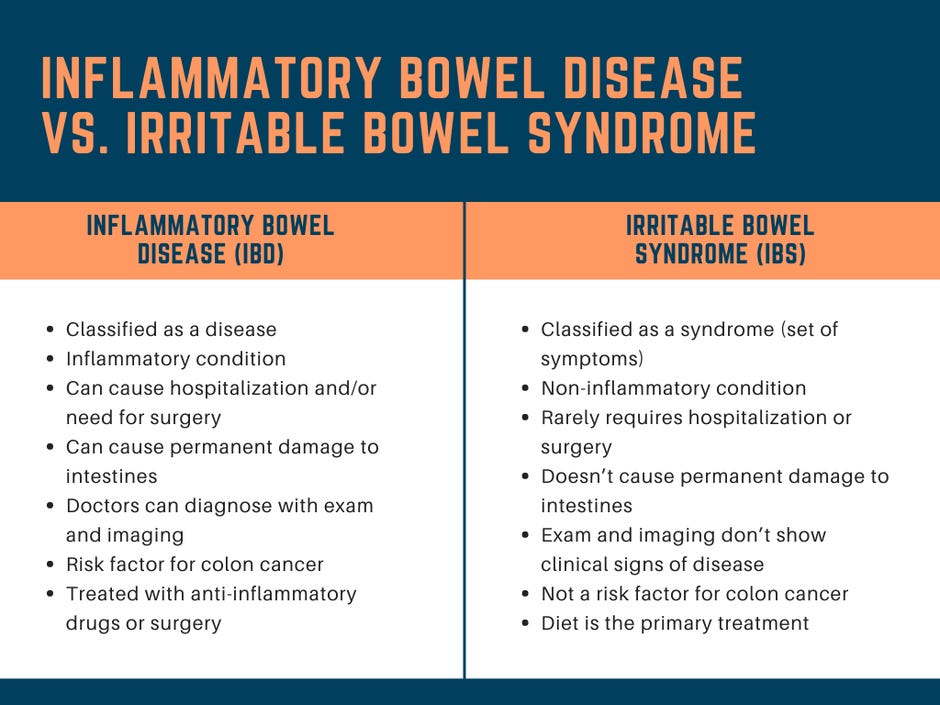





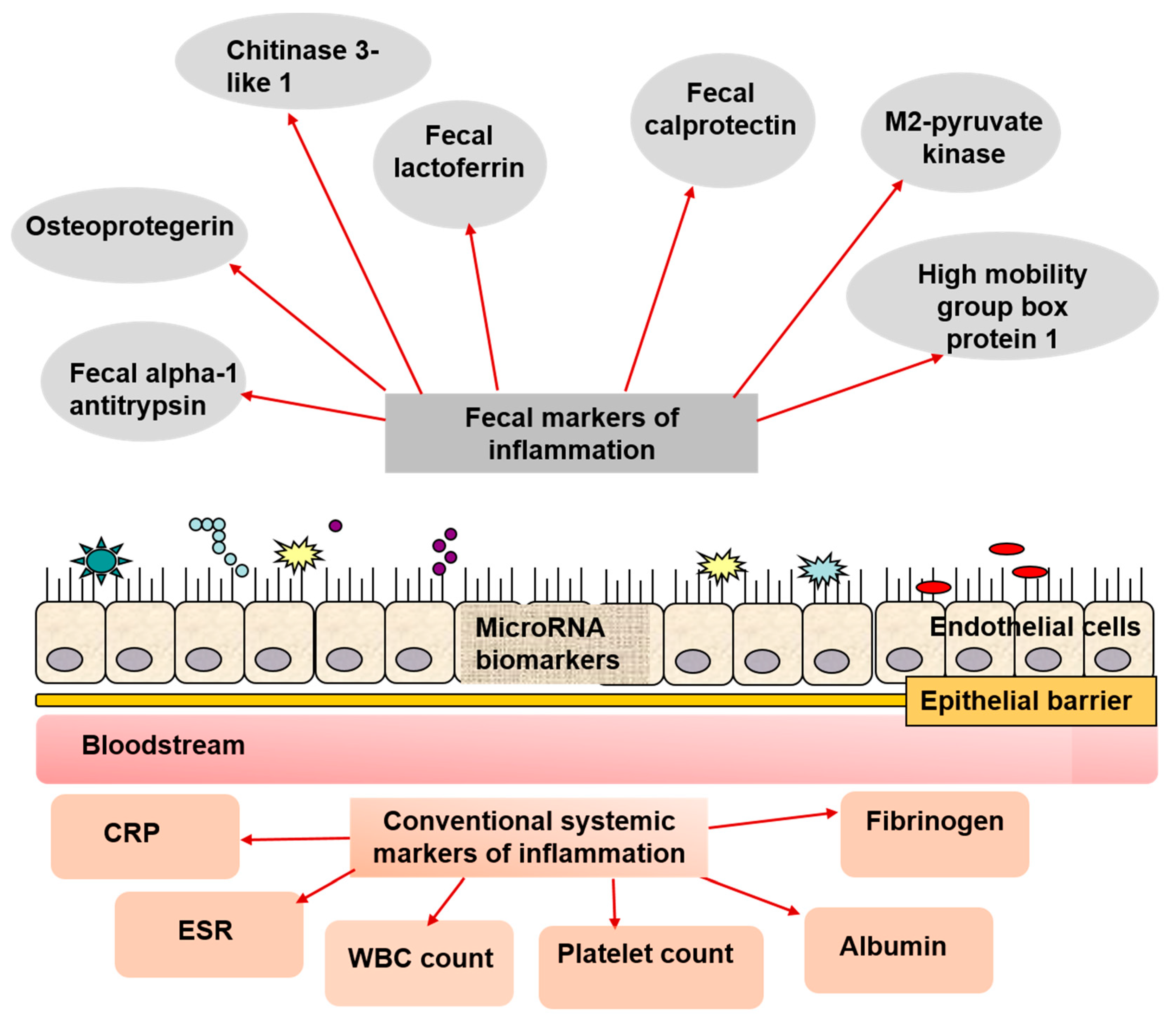










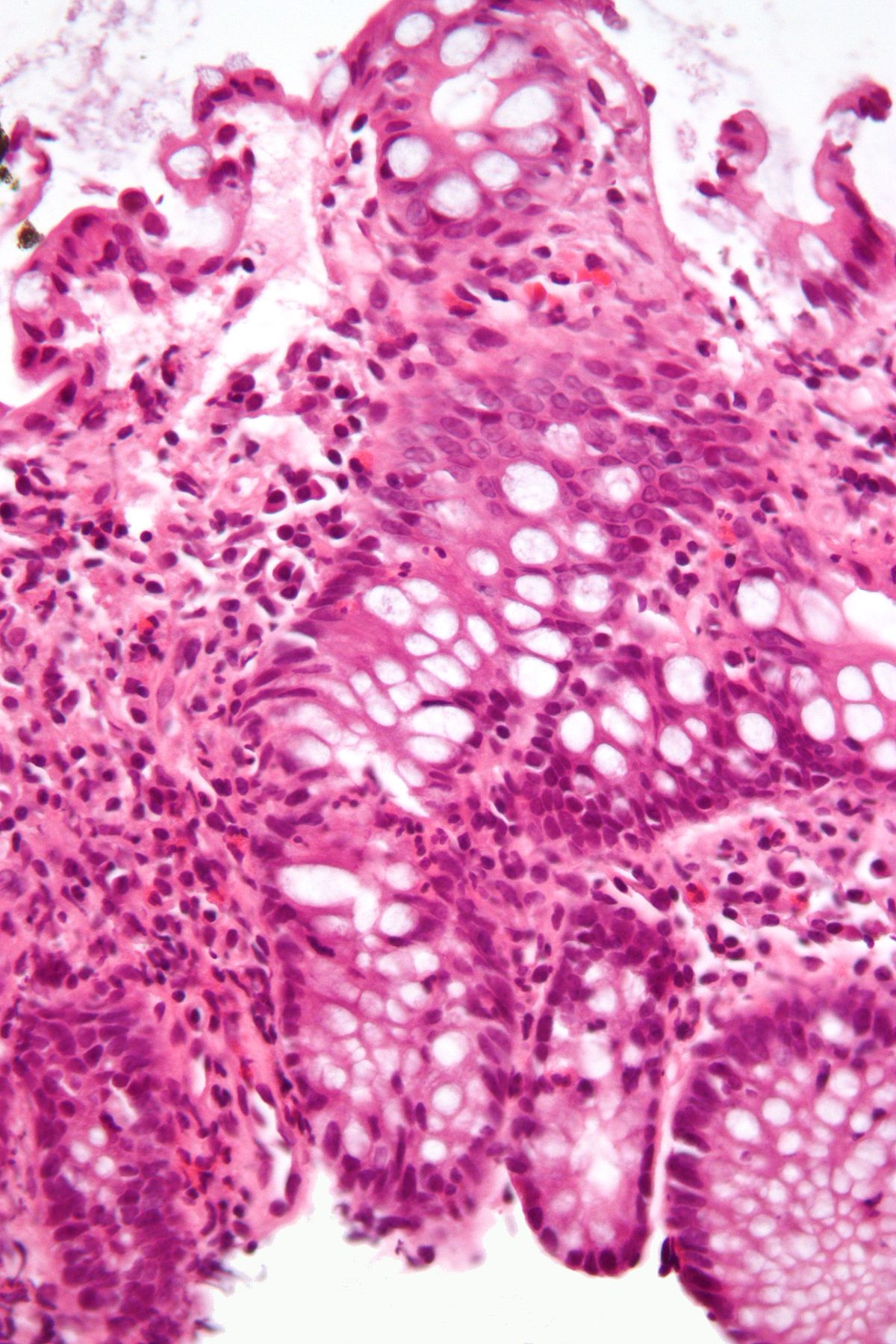
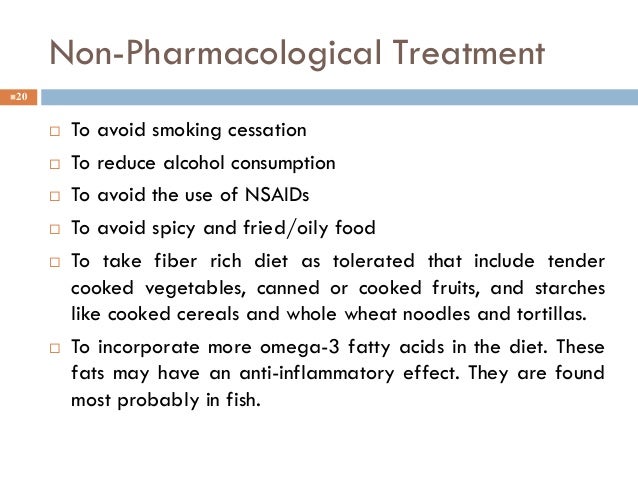
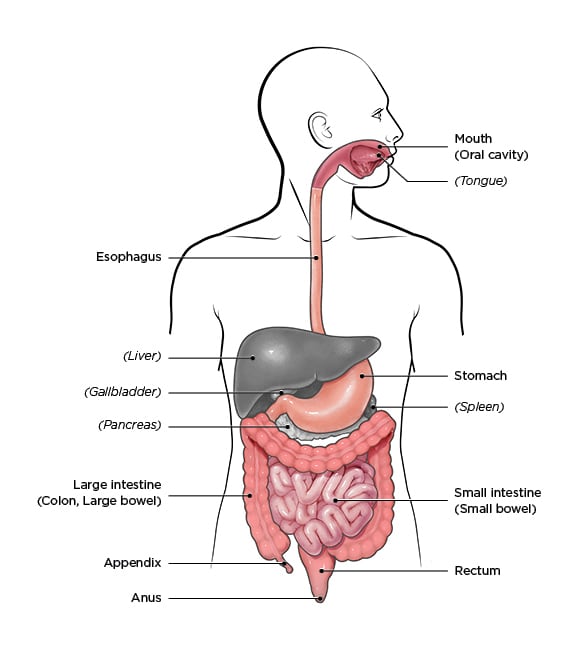
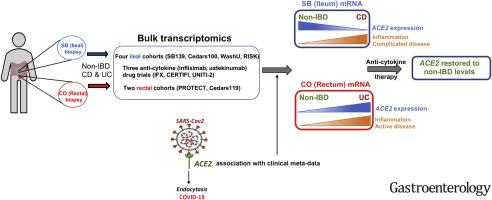
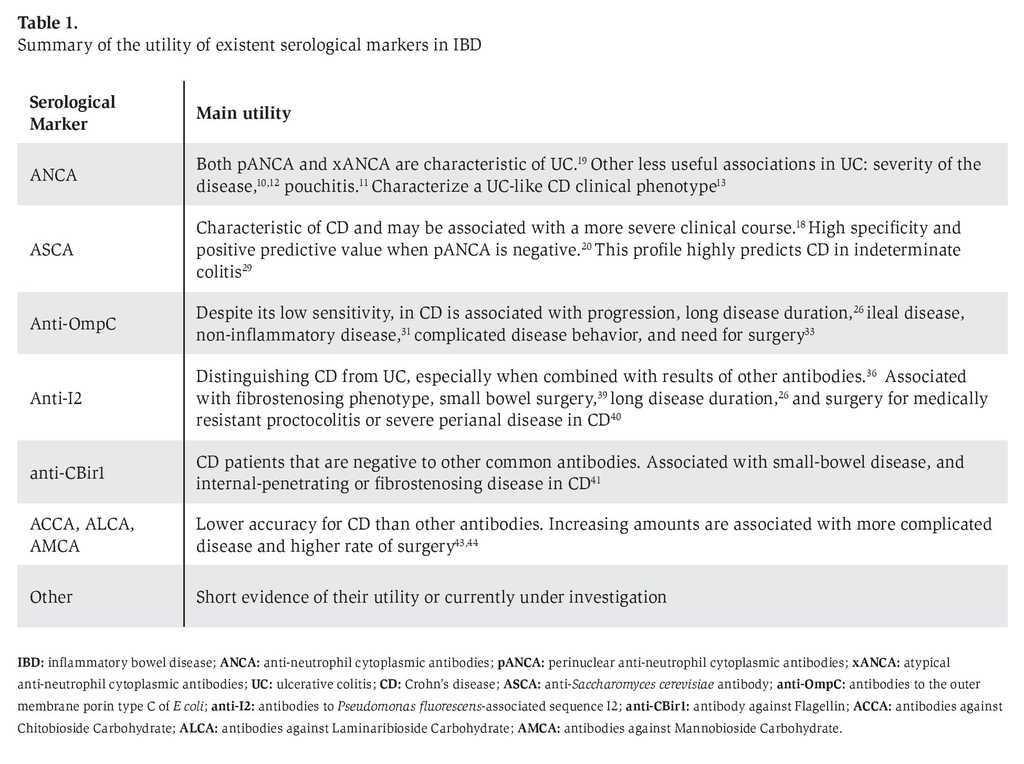


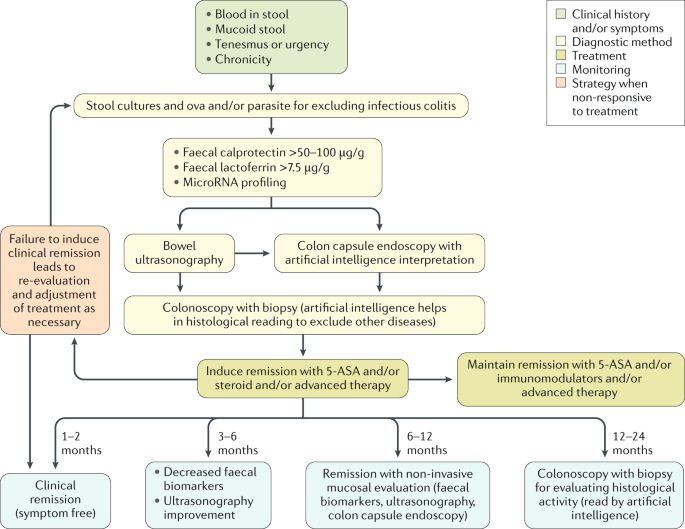

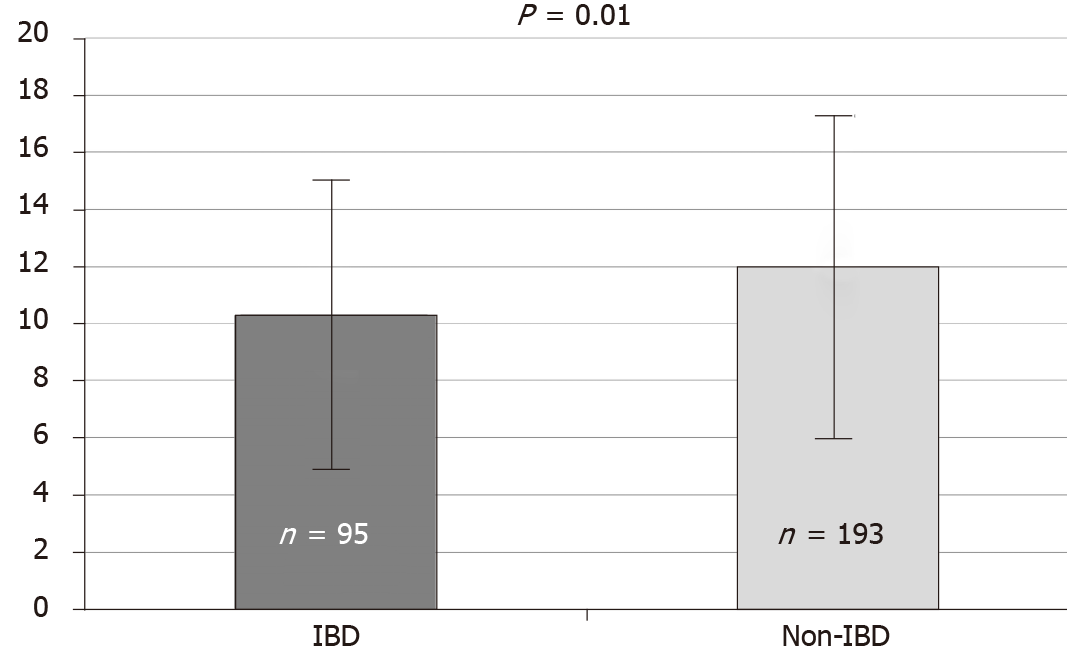

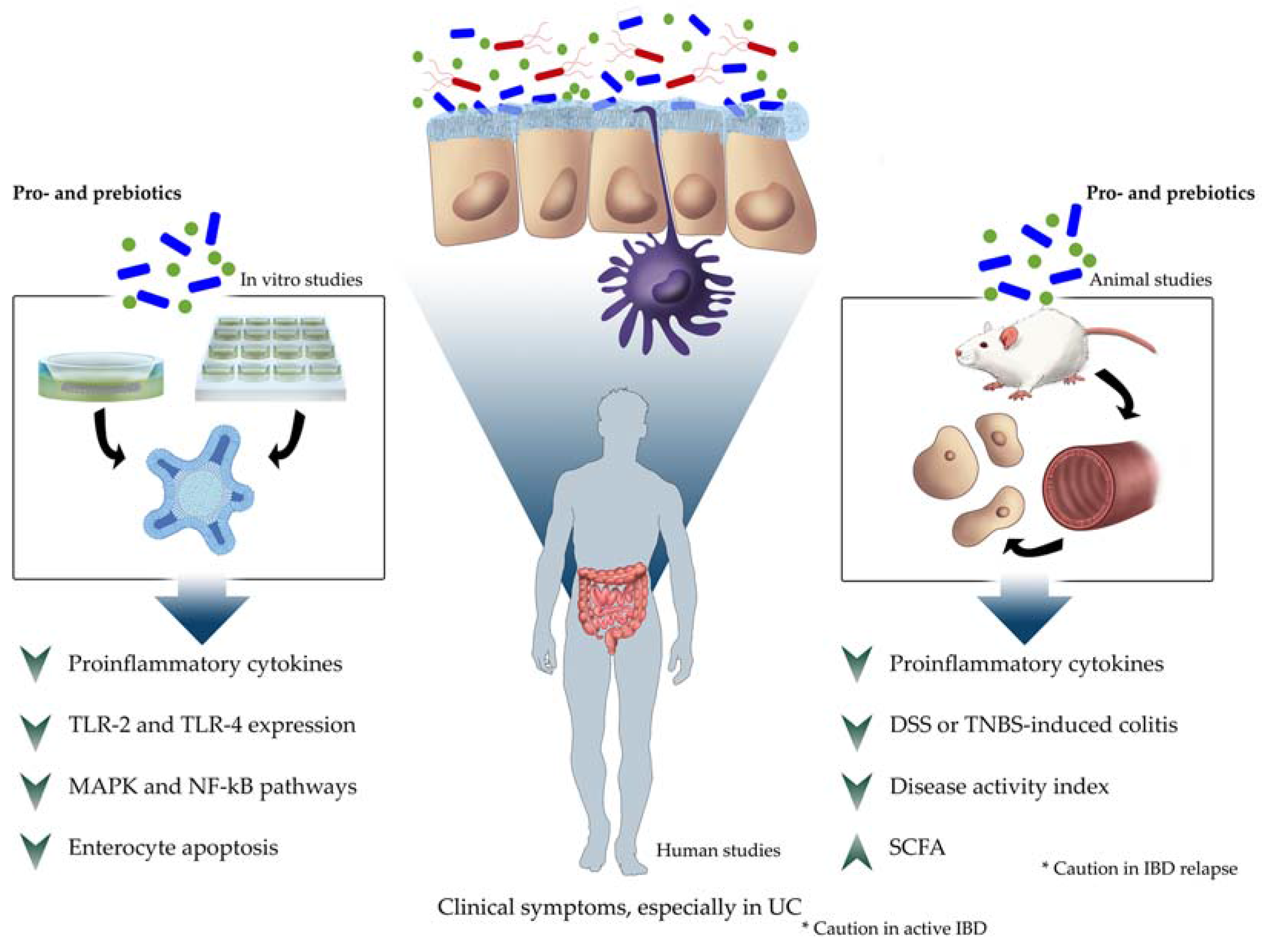







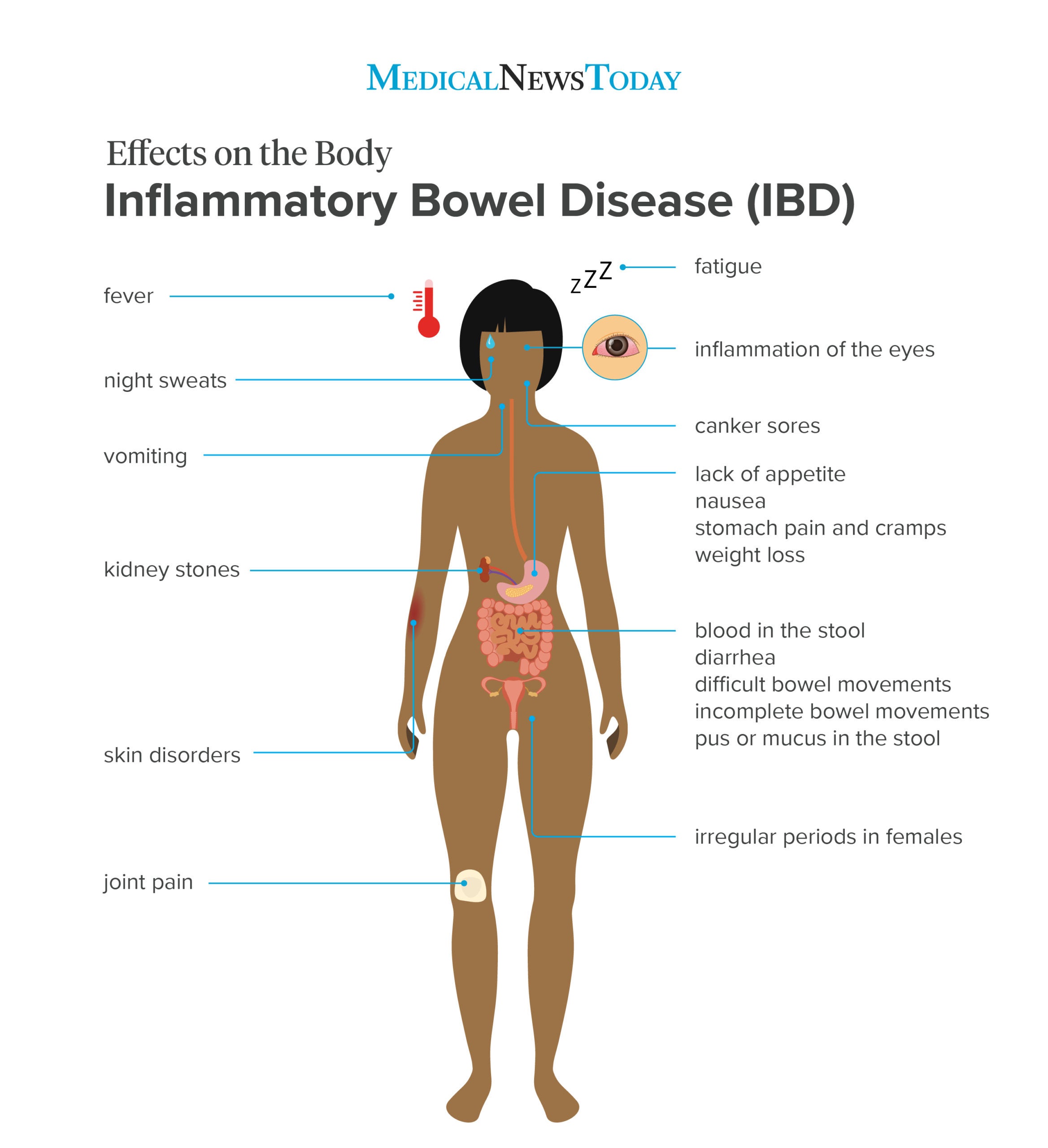
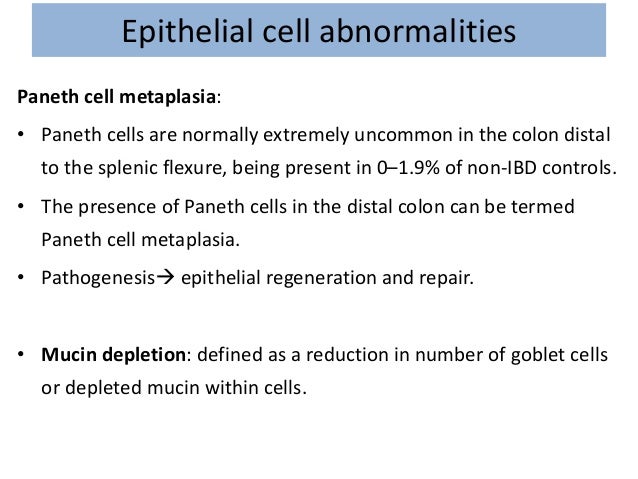
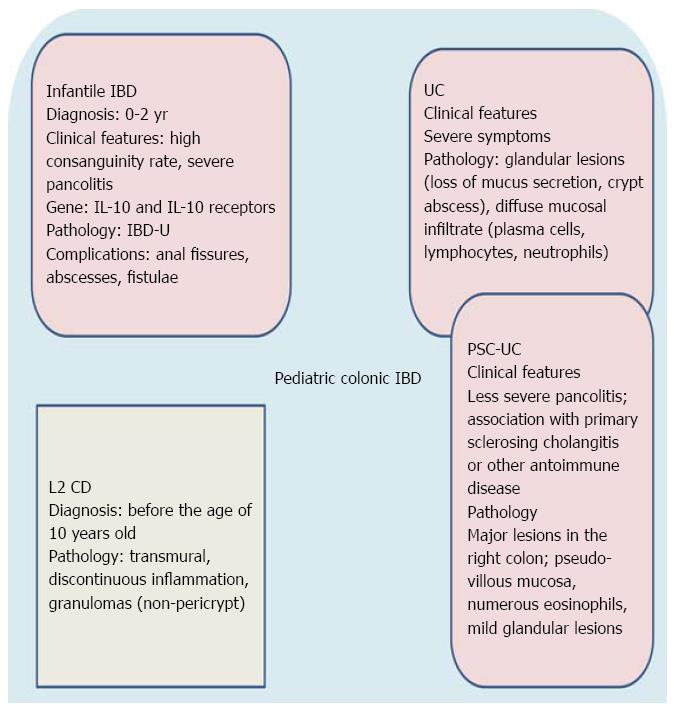

Posting Komentar untuk "Non Inflammatory Bowel Disease"